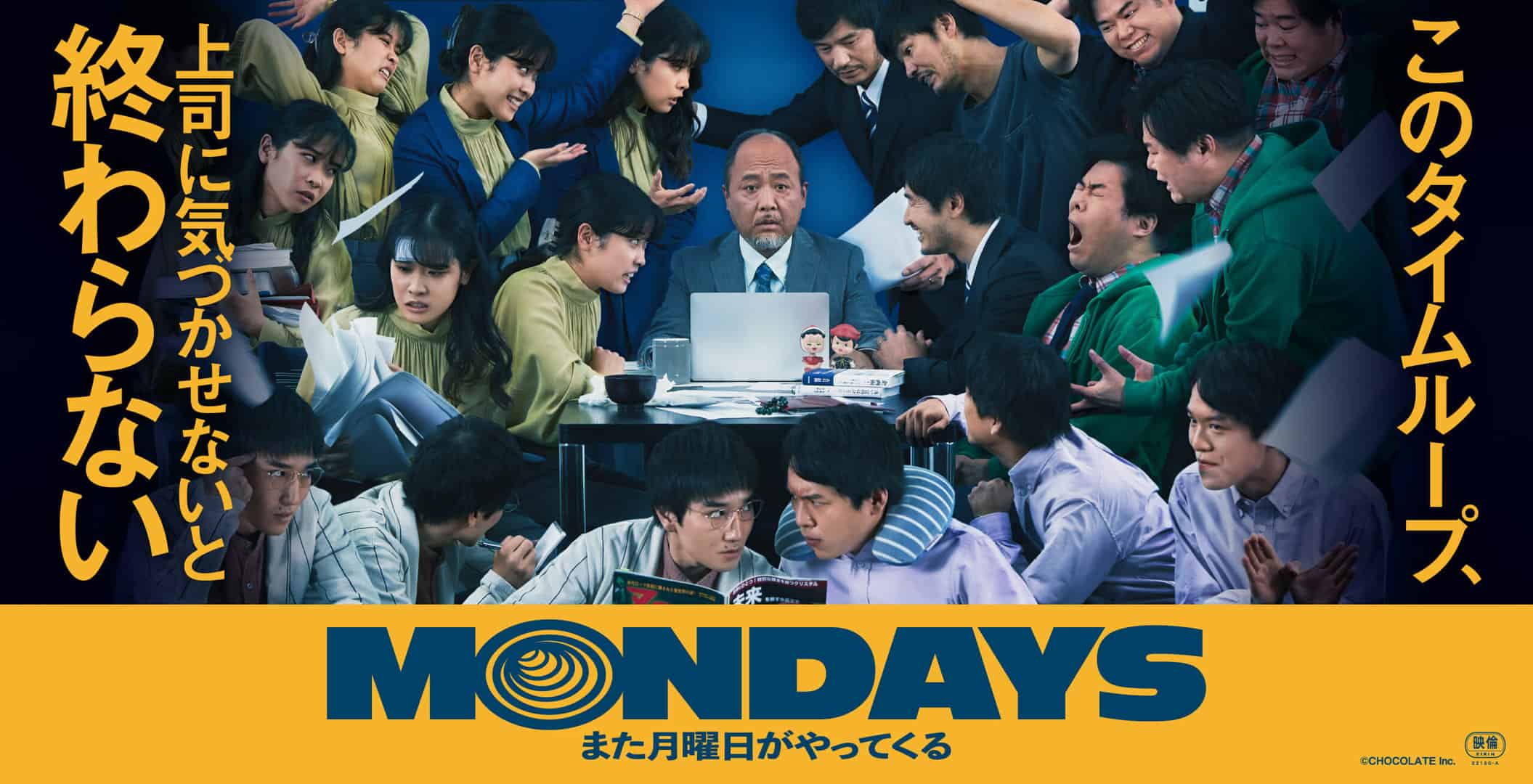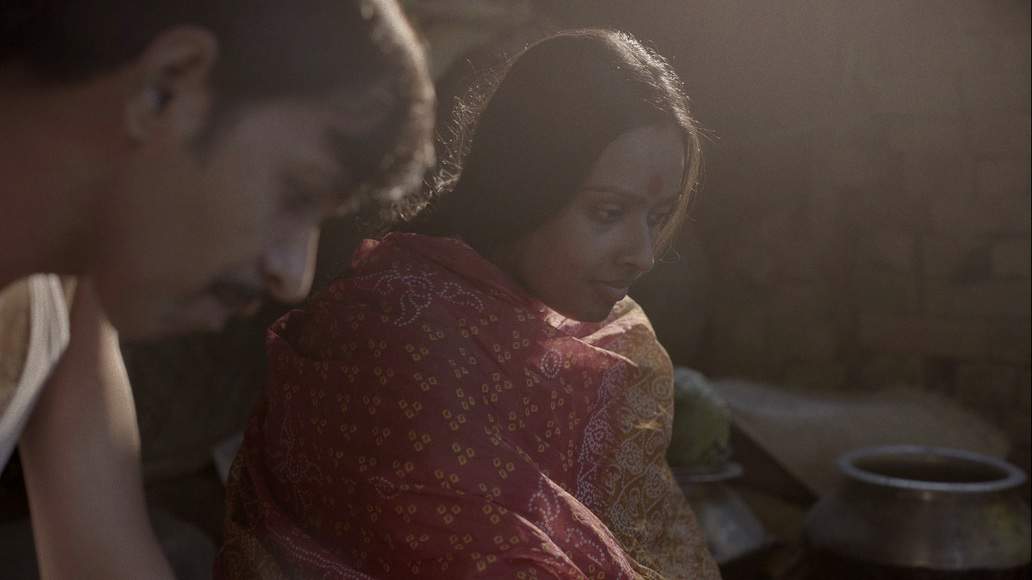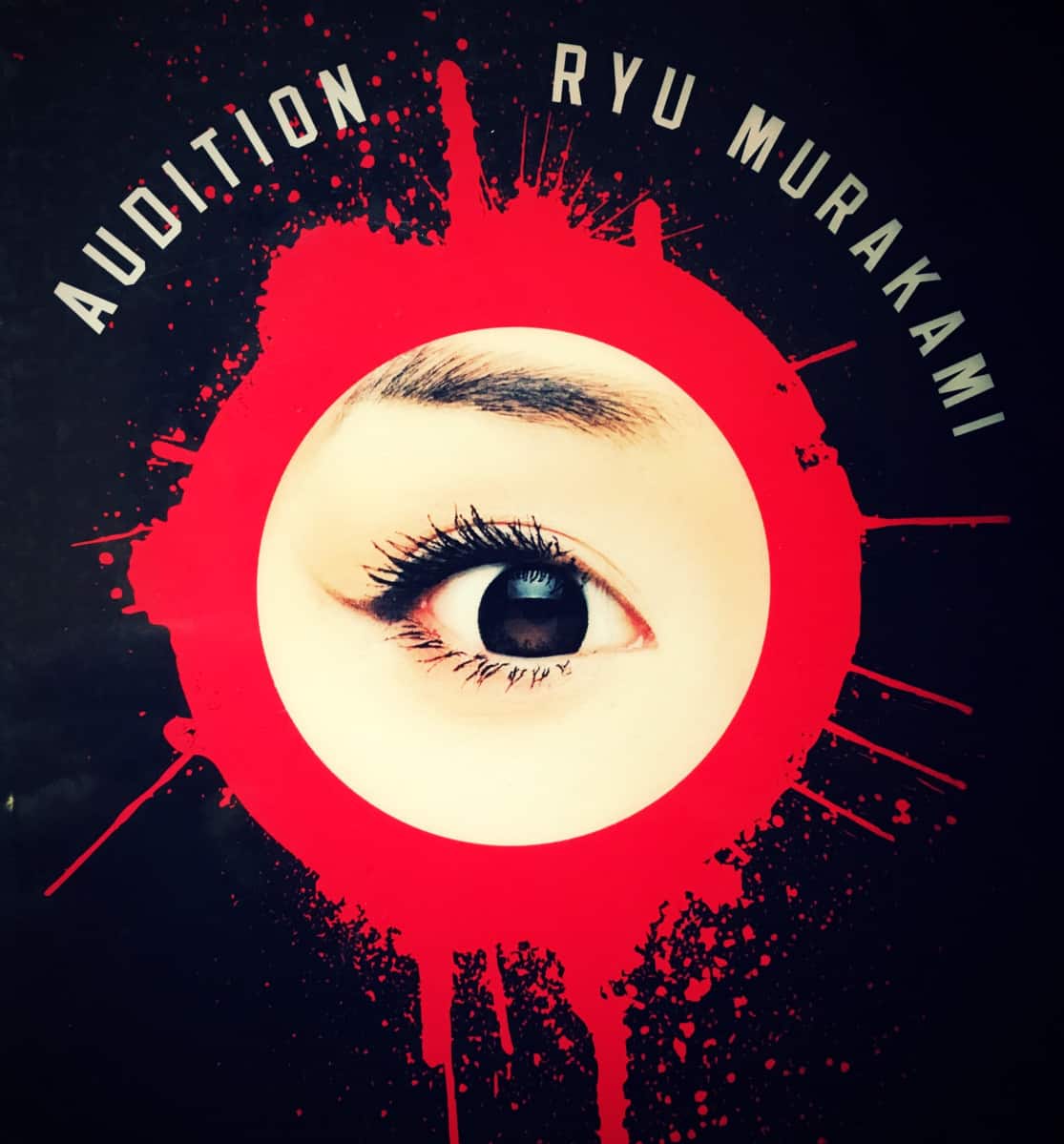Quite an international production, “Pencil in the Jugular” by Filipino-Australian Matthew Victor Pastor features an ensemble cast from the Philippines, Mexico, Korean and China, while the script was co-written by Lorena Zarate, a Mexican who lives in Australia and also stars in the movie.
The story revolves around a number of young migrants, whose lives fall completely apart after the shock of the pandemic, during the March of 2020. As the narrative moves in back and forths, we witness Libra staring down the drop of a tall building, while a bit later we learn that she has no means to pay her rent and is about to be kicked out and that her semi-serious relationship with a young man who also provides drugs for her has caused her more than she can handle. Furthermore, her ex-girlfriend, Amanda, a filmmaker, is desperate to talk to her, despite the fact that their break up was on bad terms, something that has made both Libra and her friends despise her. Eventually managing to get through, Amanda reveals a story of her being under the influence of drugs and being assaulted, in a case that ended with the titular event. Ying has just arrived from China, a drug dealer wants to quit and become a rapper, while a number of young people roam the streets and essentially their lives, with no specific purpose.
Pastor creates an interesting narrative, revolving around the difficulties young immigrants face in Australia, as much as their daily lives, which seem to be filled with sex, drugs, constant search for money, a sense of disconnect and longing for some parental help, and one of hopelessness about the future. Their failure to begin and maintain relationships seems to be a by-product of the aforementioned elements, as much as the fact that they inhabit a world where racism, xenophobia, and subsequently, violence lurk in every corner. Through this approach, Zarate and Pastor also state that the pandemic was not the root of these problems, but a disaster that brought pre-existing ailments on the surface, in a rather pointy remark about the Australian society, that also comments on how difficult it is for the cycle of violence to close after it has opened.
The way the comments are presented through the interconnecting stories of the plethora of characters is probably the best part of the narrative, which also benefits by the accomplished acting of Lorena Zarate as Libra and Felise Morales as Amanda, both of which depict their multileveled characters with nuance and rather convincingly.
In terms of production values, Pastor seems to experiment intensely, with the film featuring monochrome and color segments, point of view shots, close ups to various objects and characters, “silent” sounds, a number of different compositions, and unusual editing that occasionally results in the film looking like a series of vignettes. This combination of artistic and raw filmmaking works well for a significant part of the narrative, but after a point, it feels that Pastor lost his sense of measure, as the movie features too many cinematic “tricks”, too many characters and subsequently, too many stories, that become somewhat tiresome after a point, due to their number. This element is intensified by the duration of the title, which goes just beyond the two hours. The combination of the aforementioned elements result in a sense that “Pencil in the Jugular” would work better either as a shorter film with less peripheral stories or a series that would allow all the characters to be fully analyzed.
“Pencil in the Jugular” is an uneven film, which can be beautiful at times, features interesting characters and well presented social comments, but suffers from lack of restraint.













